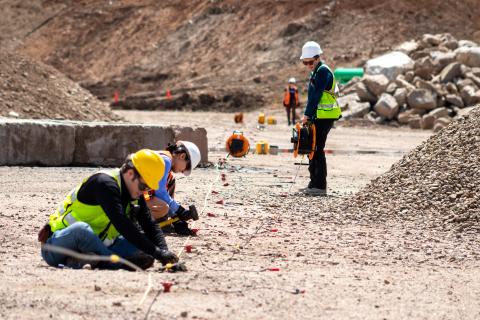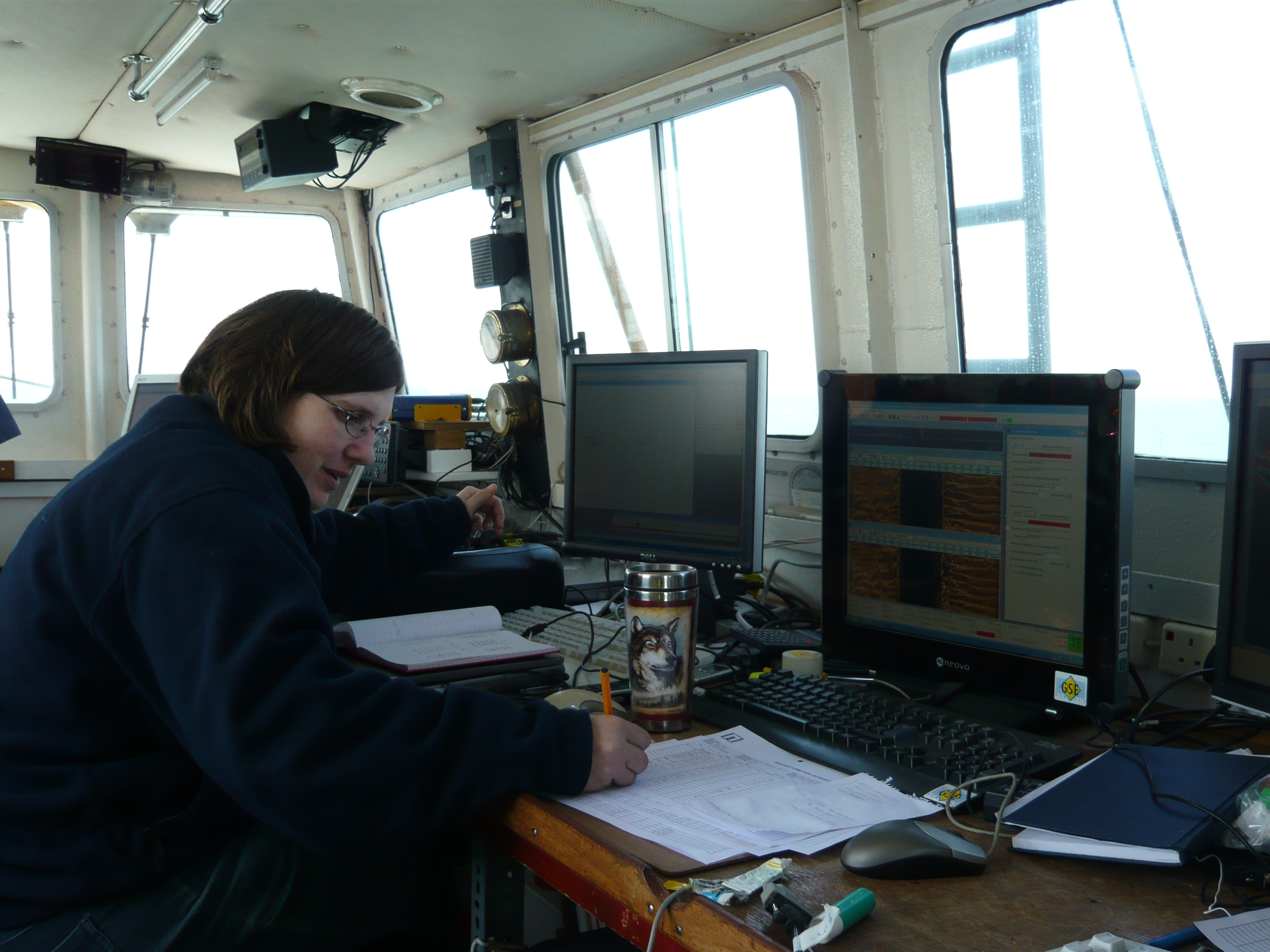All Categories
Featured
Table of Contents
Consumer Guide To Geological And Geophysical Services ... in Subiaco Western Australia 2023
This work is increasingly contracted out, so consultancies provide another source of work. Consultancy companies vary in size, from really little business to large multinationals. Some consultancies are quite specialised in using particular geophysical methods or operating in specific places, while others provide a more diverse series of services to their consumers.
The extraction of gas from garbage dump sites is another area of work and this might grow in the future. Exploration business might undertake work for building and construction firms, water companies, mining companies and environmental firms, so geophysicists might be utilized in any of these settings. Other employers consist of: geological surveysgovernment bodies and agenciesuniversities and research study institutes.


Jobs might be listed in the oil and gas sector press. Recruitment is impacted by oil rate changes and the level of competition for positions varies depending on this. Professions Days, which cover the complete variety of geoscience careers and are typically participated in by a variety of essential market companies, are run by The Geological Society.
Environmental Geophysicist in Floreat Australia 2020
A few of the large oil and gas business offer a full two-year structured training programme across the breadth of geophysics, consisting of the chance to experience work in different teams before specialising in one area. Your training may include deal with: existing wellsmagnetic and gravitational potential field information analysisresearchrock analysis. However, it's more normal for your preliminary training to be provided on the job.

There may be a probationary duration throughout which you work along with a skilled coworker. Competency-based appraisals take place regularly in most companies. In smaller sized firms, and for scholastic posts, there is not likely to be any official training - you'll be expected to start work straightaway and get abilities as you go along.
If you work for a smaller sized company, you might discover that you need to take obligation for setting up and funding your own advancement and training. If you have a geology degree, membership of The Geological Society can be helpful for networking and for keeping up to date with the industry.
Geophysicist Bob Embley: Ocean Exploration Careers in Medina Aus 2022
You may also discover it useful to join the PESGB (The Petroleum Expedition Society of Great Britain, which has a geophysics special interest group. After a probationary duration, and as soon as you've gained some experience, you could advance to senior geophysicist, then team leader and after that into a senior role in management.
The ease of movement in between functions depends upon the company structure. Research study at Masters or Ph, D level in a subject related to geophysics or geosciences might aid with your career development and development. The employment market within the oil and gas industry is extremely depending on rate and this may impact your opportunities for profession development.
Not all jobs are dependent on the oil and gas markets. For skilled geophysicists, freelance consultancy uses a good route for career advancement. You can also specialise in a particular location of geophysics. As a geophysicist, you're most likely to have several jobs throughout your working life. International movement is essential for handling peaks and troughs in various countries at various times.
Geophysical Survey Flashcards in Northbridge Aus 2021
From geophysics, it's possible to focus on seismology (completing further training to end up being a seismic interpreter) or to move into related locations such as engineering geology or risk forecast.
Choosing what to study in college is a hard option. Even if you understand that your field of interest lies in science, what program of study is best for you?
The very first action to achieving your objective of becoming a geophysicist is making a degree. Even for entry-level positions in the field of geoscience, you'll require a bachelor's degree (a geophysicist college degree) from a certified college or university. Geophysicists need to be able to: examine rocks, pictures, and other pieces of information conduct research both in the field and in labs produce maps and charts of their findings write reports To accomplish all this, students need a specialized education for geophysicist careers.
As stated above, you'll need a bachelor's degree in geoscience or a related discipline, such as a physical science or a natural science, to land an entry-level task. Trainees can also prepare by majoring in topics like: Biology Chemistry Computer system science Engineering Mathematics Physics The above geophysicist majors use a more generalized approach to a single scientific discipline, but the majority of programs require trainees to take one or more geology course.
Table of Contents
Latest Posts
Airborne Geophysical Survey in Hocking Aus 2023
Geophysical Survey Services - Geophysical Test Methods in Karrinyup Australia 2020
Geophysicist: Job Description, Duties And Requirements in The Vines Aus 2020
More
Latest Posts
Airborne Geophysical Survey in Hocking Aus 2023
Geophysical Survey Services - Geophysical Test Methods in Karrinyup Australia 2020
Geophysicist: Job Description, Duties And Requirements in The Vines Aus 2020